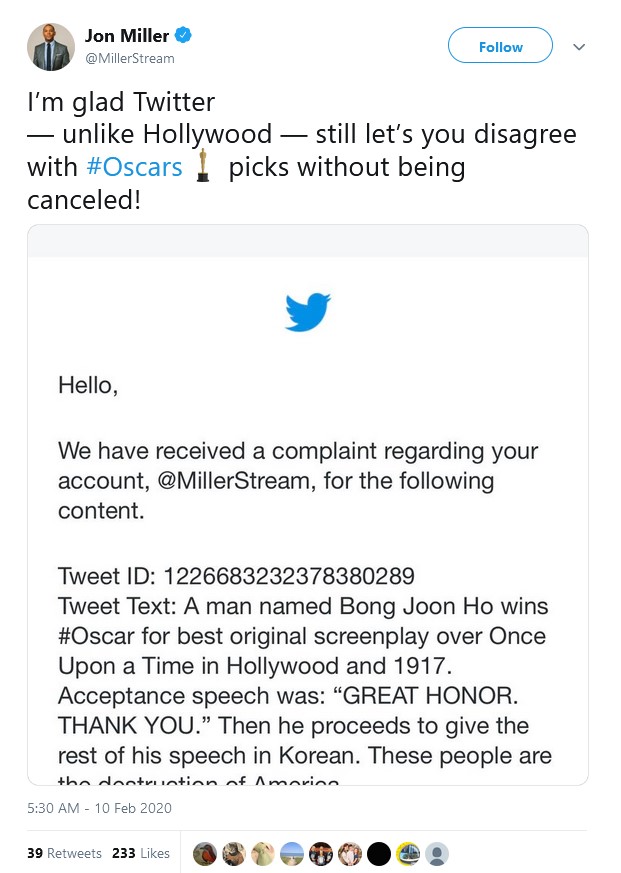Joe Biden won the South Carolina Democratic primary tonight. As I write this, with 67% of the precincts reporting, Biden leads by 48.68%, with Bernie Sanders in second place at 19.3%, Tom Steyer in third place at 11.4%, Pete Buttigieg in fourth place at 7.9%, and Elizabeth Warren in fifth place at 7%.
First off, Biden’s win doesn’t negate Bernie’s present momentum as Democratic primary frontrunner. And it doesn’t discount Bernie’s ability to build broad and inclusive coalitions. Even in South Carolina, Bernie did very well among younger black voters in the exit polls. What he needs to do now is to appeal to older voters and, of course, more African-American voters. He has a strong partnership with Nina Turner and, nationally speaking, his numbers are up among blacks — with 20% describing themselves as “enthusiastic” about Bernie.
Warren’s campaign is nearly finished. Barely 10% in both Nevada and New Hampshire. Just 7% tonight in South Carolina. We’ll know more on Super Tuesday, but, despite an increasingly stronger profile at the debates, she’s just not getting through to voters. My prediction is that she will drop out of the race before Buttigieg and that this support will likely go to Bernie. Buttigieg has proven to be incredibly tenacious, but his track record prevents him from winning the broad support of black voters. On that front, Biden definitely has more of a shot nationally than Buttigieg ever will.
The likely reality is that the three top Democratic candidates will be Bernie Sanders, Joe Biden, and Pete Buttigieg. Of this trio, Bernie stands out as the most progressive candidate. And he has the support of Representatives Alexandria Ocasio-Cortez, Ilhan Omar, Pramila Jayapal, and Rashida Tlaib. But to clinch the national race, Bernie needs someone who is (a) African-American, (b) a woman, (c) from the South, and (d) who can unite moderate liberals and progressives.
That person is Stacey Abrams.
If Bernie is the frontrunner, Abrams is the only logical choice for vice president. She’s been the deputy city attorney of Atlanta and an incredible figure in the Georgia General Assembly, single-handedly stopping Georgia Republicans from implementing a cable tax that would shift the burden to working people. She’s shown that she can reduce prison expenses without the crime rates going up. So she’s good with the numbers. Abrams’s powerful response to this year’s State of the Union address demonstrated that she was authentic, personable, and pragmatic, and showed that she genuinely cared about working people. In talking about her father hitchhiking home without a coat (he had given the coat to a homeless man), Abrams proved that she was better than Warren in talking about her working-class roots and tying this personal experience into the need for kindness and sacrifice.
What’s greatly appealing about Abrams is that she’s formidable — especially in her 2018 gubernatorial battle against Brian Kemp — but has always come across as a voice of empathy and reason. She is a natural born leader and she has said repeatedly that she wants to be President one day. So she’d definitely bring her A game as veep. Among moderates, she could be perceived as the gentler voice to Bernie’s bellowing. Plus, she’d clean Mike Pence’s clock in the vice presidential debate.
But aside from these terrific credentials, we’d also have the historic precedent of the first African-American woman running for vice president. Not only would this carry on Obama’s legacy (she earned his endorsement while running for Georgia governor), but this would also add a vital new context to Bernie’s proposed plans for Medicare for All, tuition free education, and guaranteed housing. Progress shouldn’t just be about adopting vital and significant policy changes. It also needs to ensure that the people in power reflect the people of America. This would also lay down the flagstones for Abrams becoming President — whether in a subsequent election or in the terrible event that Bernie, who is 78 years old, dies while serving as President.
It’s not enough to want Trump out of office. If the Democrats want to win, they need people who will be inspired enough to show up to vote. And in order to do that, the 2020 Democratic ticket needs the same hope that fueled Obama’s campaign in 2008. Bernie is close to this, but it’s clear that he cannot build a coalition on his own. He needs Stacey Abrams to be there with him.
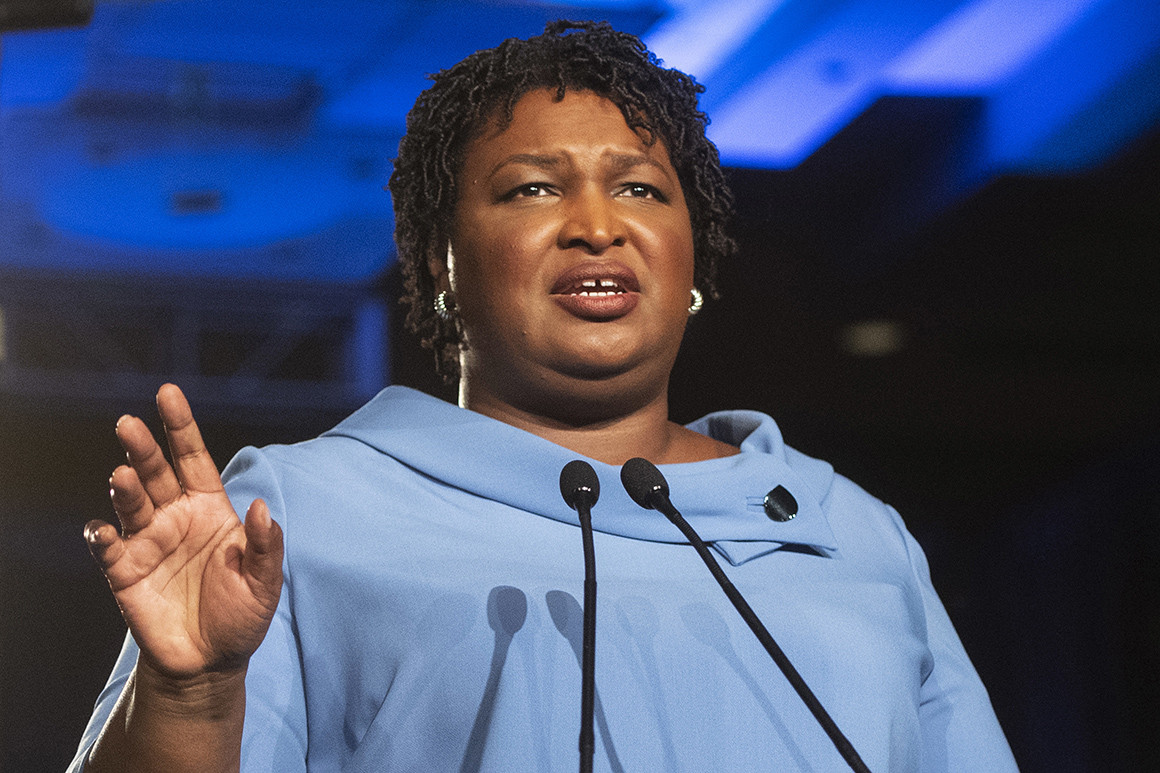

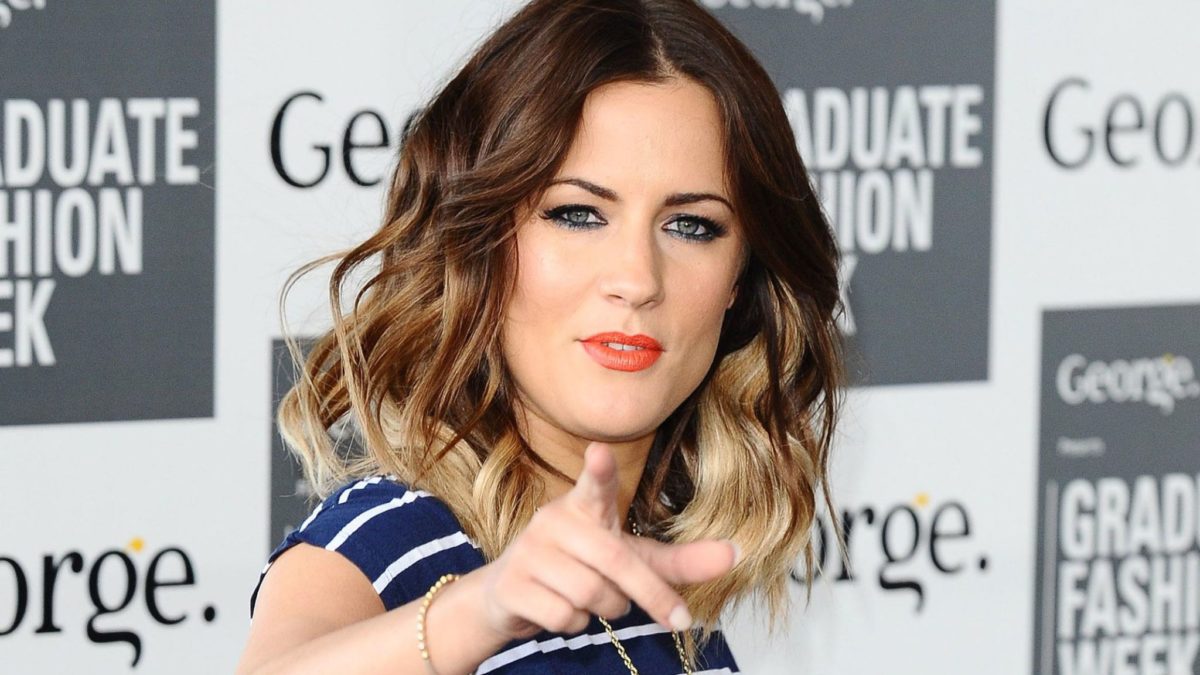
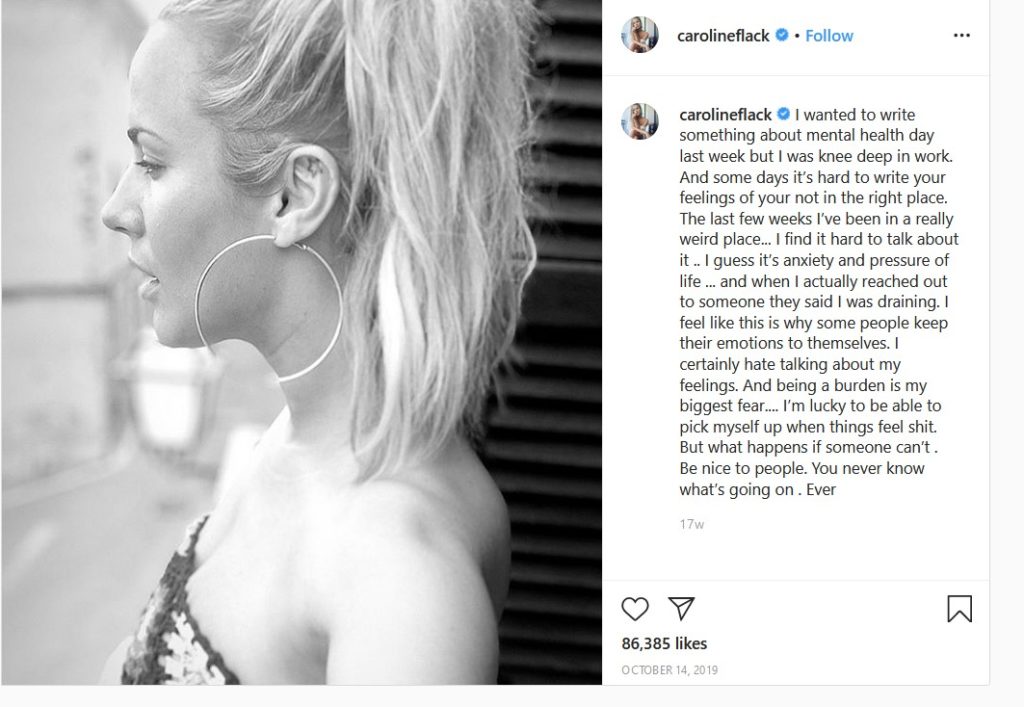
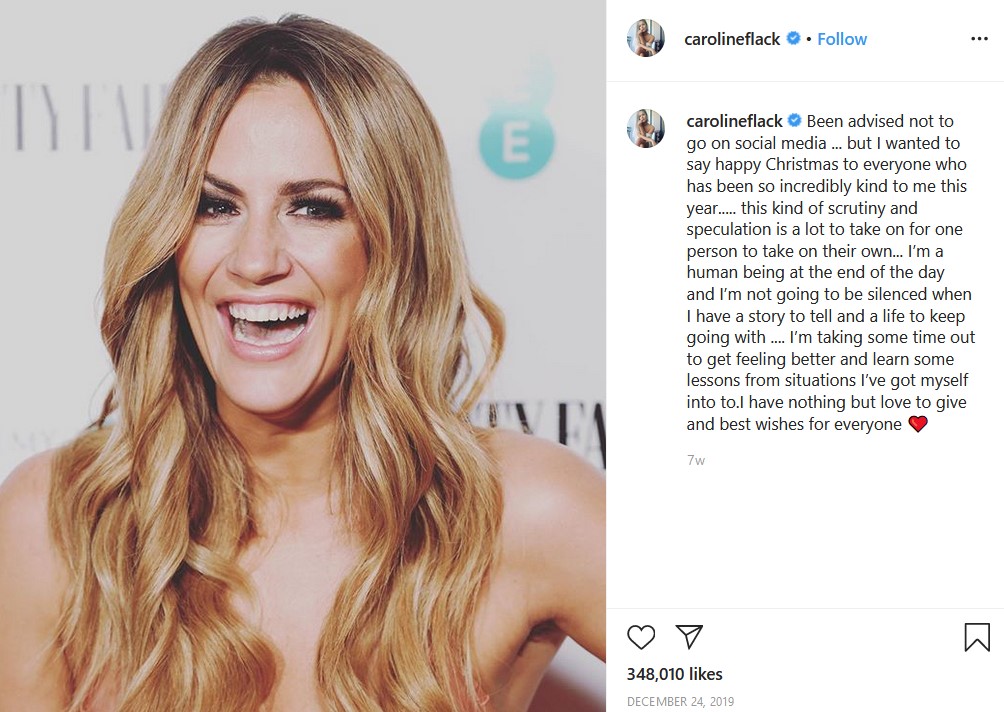
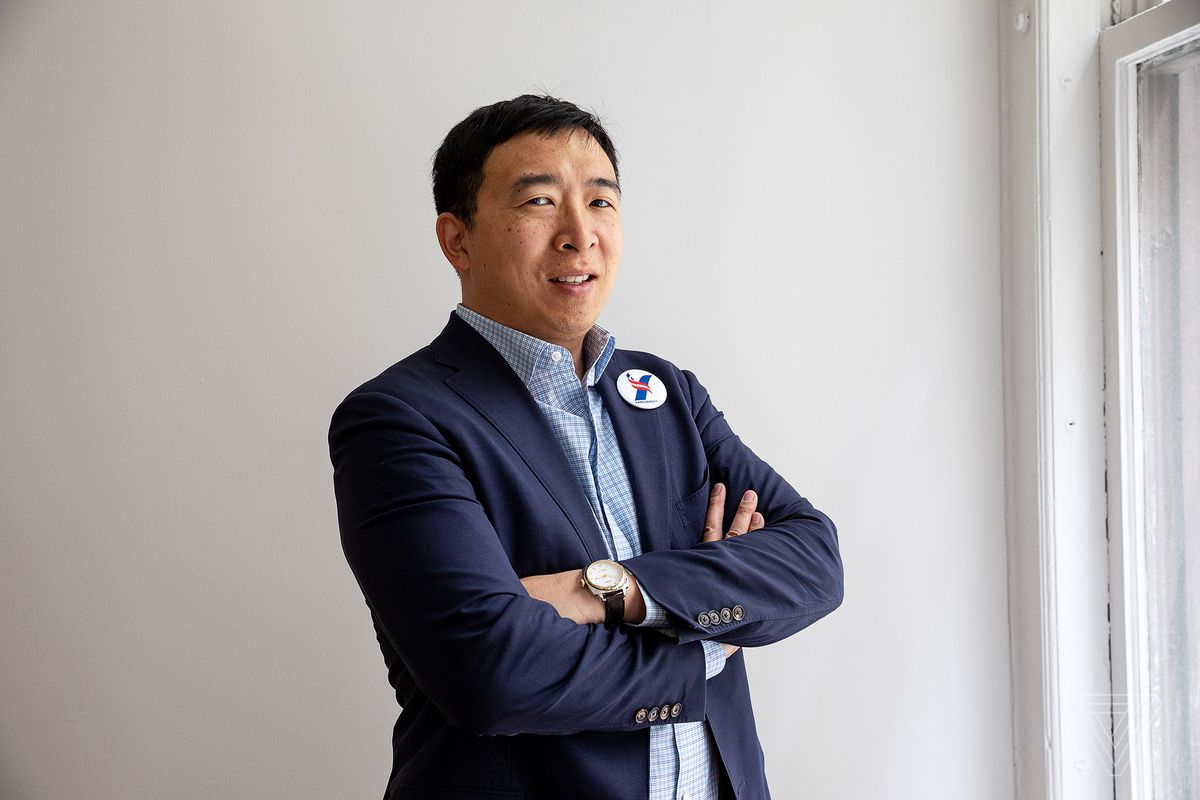

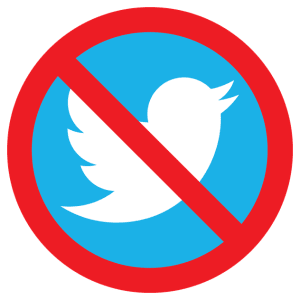
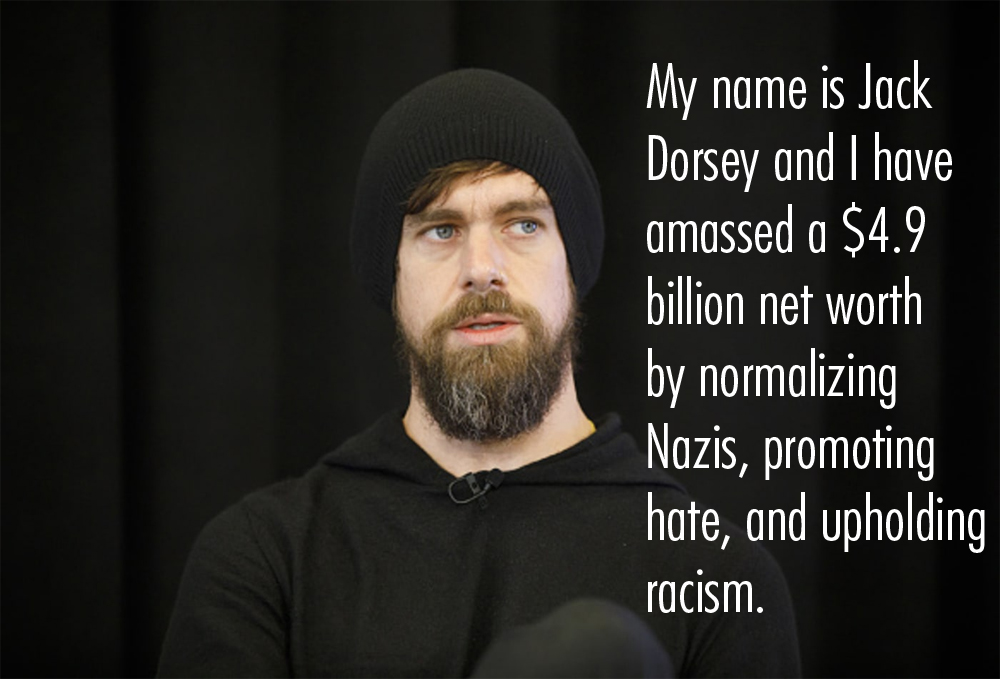
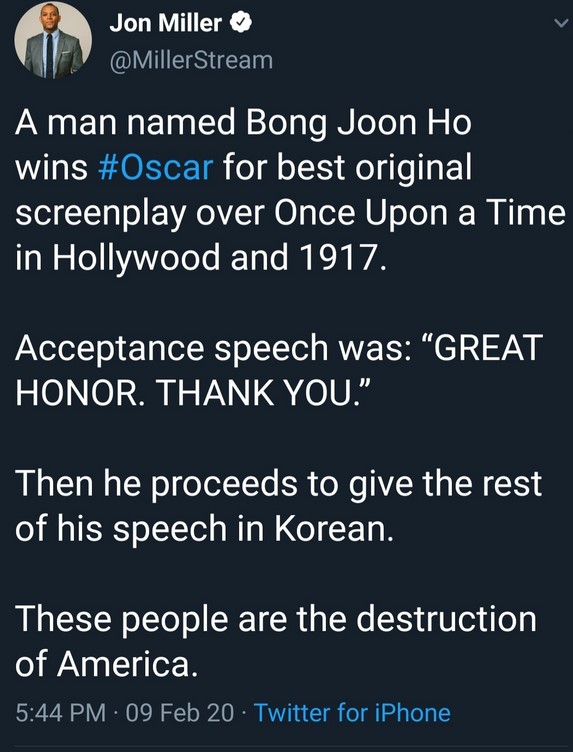 A man with a blue checkmark by the name of Jon Miller, a conservative “White House correspondent for BlazeTV,” tweeted an insulting, cruelly disparaging, and racist message mocking the great filmmaker Bong Joon-ho after he delivered one of his Oscar speeches in Korean. Miller’s disturbingly xenophobic words, which are still published on Twitter as of Monday morning, proceeded to claim that “these people are the destruction of America.” This is language that echoes anti-Semitism in 1930s Germany and
A man with a blue checkmark by the name of Jon Miller, a conservative “White House correspondent for BlazeTV,” tweeted an insulting, cruelly disparaging, and racist message mocking the great filmmaker Bong Joon-ho after he delivered one of his Oscar speeches in Korean. Miller’s disturbingly xenophobic words, which are still published on Twitter as of Monday morning, proceeded to claim that “these people are the destruction of America.” This is language that echoes anti-Semitism in 1930s Germany and 